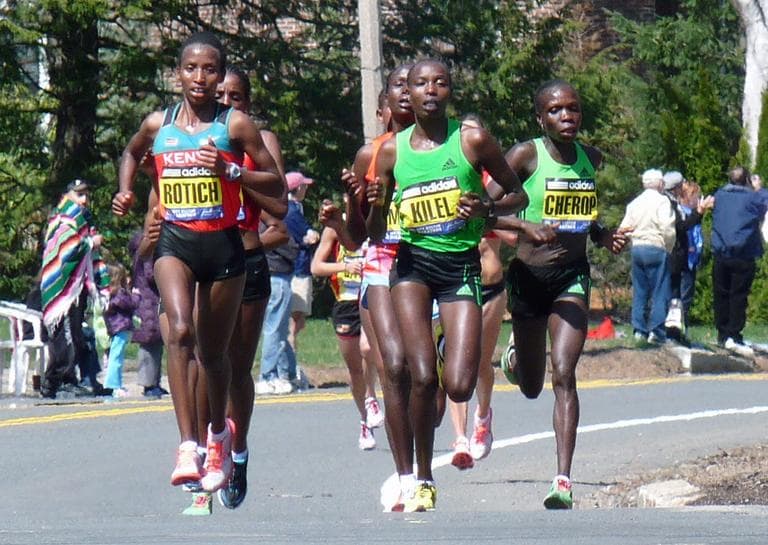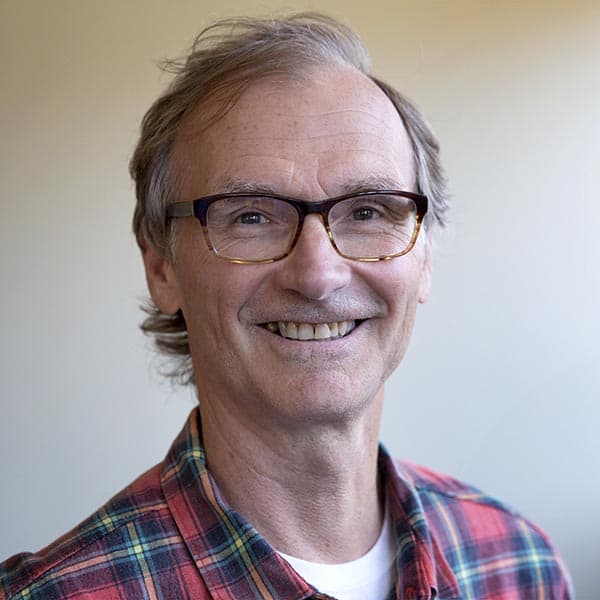Advertisement
Boston Marathon Opens Tiered Registration Process

Unless you run to benefit a charity, runners need a qualifying time to register for the Boston Marathon.
It used to be that all qualifying times were equal because the sign-up opened to everyone at the same time. But last fall, when registration opened for this year's race, the number of people trying to sign up overwhelmed the system. The race sold out in eight hours and thousands of qualified runners didn't get in.
In response, the Boston Athletic Association decided to stagger registration for the 2012 race. That means when registration opens Monday at 10 a.m. on the BAA website, the only runners that can sign up are ones with qualifying times over 20 minutes faster than the standard for their age and gender.
Runners who have bettered the standard by 10 minutes or more can register Wednesday at 10 a.m. and on Friday, those who have qualified by 5 minutes or more can sign up. Finally, on Monday Sept. 19, everyone who has run a qualifying time gets their chance to register, if space remains.
There are typically around 25,000 runners in the Boston Marathon and race officials don't anticipate increasing the number allowed to run. In fact, the BAA is making it tougher for runners to qualify for the 2013 Boston Marathon, reducing qualifying times by 5 minutes.
For example, the current qualifying time for men 18-34 years old is 3:10. If you want to run in the 2013 Boston Marathon, you'll need a qualifying time of 3:05. That's pretty darn fast.
As far as race director Dave McGillivray is concerned, that's the point. The Boston Marathon has always been for the fastest runners because it's the Holy Grail of marathon running.
"We're just responding to the marketplace," McGillivray said. "If we could accept 50,000 or 100,000 people and if it could run as smooth as it does with 25,000 or 26,000 or 27,000, we would do it. Why would we want to turn anyone away?"
Keeping the marathon day experience manageable is driving the caps on the number of runners.
"More and more people are running and more are qualifying, then we have to adjust accordingly to adhere to our goal and our mission, and that is the pursuit of athletic excellence," McGillivray said.
This program aired on September 12, 2011. The audio for this program is not available.
